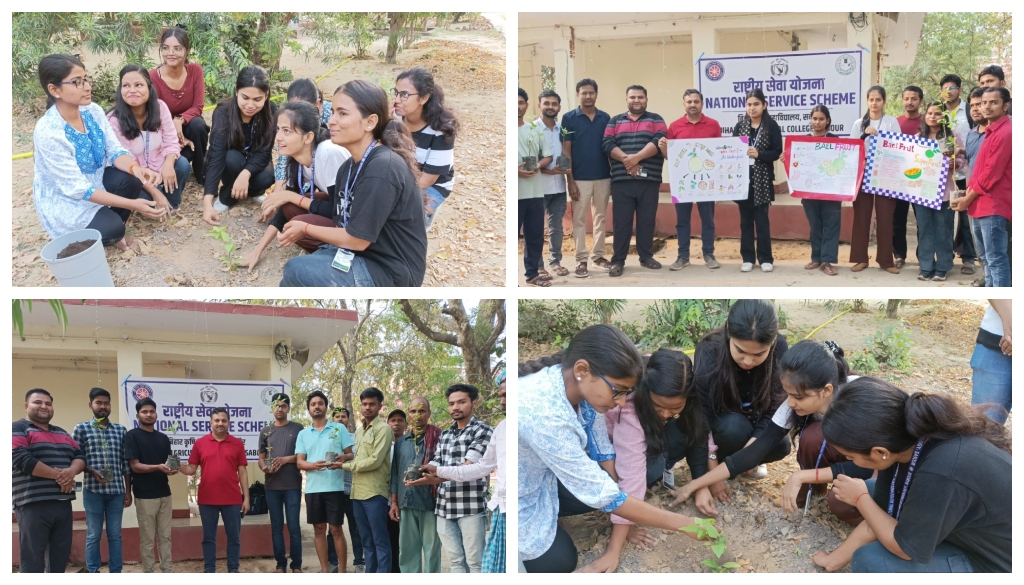
Sabour: Bihar Agricultural University (BAU), Sabour, hosted a Bael (Aegle marmelos) awareness and plantation programme on Tuesday morning, highlighting the medicinal and nutritional benefits of the indigenous fruit. Organised in collaboration with the university’s Sehat Kendra and NSS units of Bihar Agricultural College and the College of Agricultural Biotechnology, the event began at 6:30am and drew participation from over 50 students, scientists and university staff.
Posters and interactive sessions explored Bael’s therapeutic value, especially its use in Ayurveda for treating diabetes, liver ailments, digestive disorders and heatstroke. Volunteers also highlighted its antioxidant and anti-cancer properties.
Dr Anshuman Kohli, NSS coordinator at BAU, encouraged participants to take personal responsibility for the saplings they planted. Dr Ajay Bhardwaj, NSS officer at Bihar Agricultural College, elaborated on Bael’s many names—Golden Fruit, Indian Quince, Bengal Quince and Wonder Apple—underscoring its Indian origin. Dr Vivek Ranjan, NSS officer at the College of Agricultural Biotechnology, spoke on its wider health potential.
Participants were served freshly prepared Bael juice by student volunteers at the end of the programme.
Vice-Chancellor Dr D.R. Singh commended the organisers and attendees for promoting awareness of native medicinal plants and called on the wider public to support plantation initiatives for environmental and personal well-being.
The initiative served as a reminder of the cultural and ecological significance of Bael and the importance of preserving traditional knowledge for future generations.





